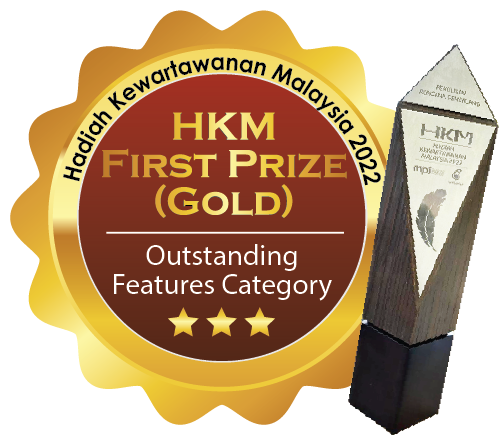Malaysia Forges Ahead with Peaceful Nuclear Technology, Eyes RM2.4 Billion Export Value by 2030

KUALA LUMPUR, MALAYSIA - Malaysia has made significant strides in harnessing the benefits of nuclear technology, aiming to propel the nation's socioeconomic development through its introduction of the National Nuclear Technology Policy 2030 (DTNN 2030).
The policy, announced last year, targets an export value of RM2.4 billion for domestic nuclear technology-related products by 2030, with the goal of mainstreaming peaceful use of nuclear technology in various sectors such as medicine and healthcare, food and agriculture, device and equipment manufacturing, environmental and natural resource management, industrial applications, and nuclear safety and security.
Malaysian Nuclear Agency (Nuklear Malaysia) director-general Dr. Rosli Darmawan explained that the six key sectors identified for enhancement through peaceful use of nuclear technology are critical to achieving this goal. The flagship programmes, initiatives, and strategies under DTNN 2030 include initiatives to boost public-private partnerships, increase international collaborations, and improve application of nuclear technology in specific fields such as education and environment.
"Nuclear energy is already being applied in various sectors such as food and agriculture, environment, healthcare, and industry, bringing great benefits to the nation," Dr. Rosli said. "Nuclear technology can help verify the authenticity of food or trace its origin, detect sources of landslides and water contamination, and much more."
The agency has also made significant strides in the development of nuclear power generation as a future energy source for Malaysia.
"Nuclear energy is an ideal alternative for Malaysia because it's more economical. It produces large amounts of power with a small quantity of material, unlike coal which needs constant replenishment," Dr. Rosli explained.
The Malaysian government, led by Economy Minister Rafizi Ramli, has committed to developing the necessary legal and regulatory framework for nuclear power generation.
As part of this initiative, Nuklear Malaysia is working closely with the International Atomic Energy Agency (IAEA) under the 3S concept: safety, security, and safeguards. The agency conducts research and development in nuclear science and technology for various applications, including medical technologies, agricultural technologies, and environmental monitoring.
Malaysia has also gained recognition within the global nuclear ecosystem as a major reference point for other countries. Through its National Authority for the implementation of the Comprehensive Nuclear-Test-Ban Treaty (CTBT), Nuklear Malaysia plays an essential role in ensuring international compliance with CTBT obligations.
With its growing expertise and capabilities in nuclear technology, Nuklear Malaysia has established itself as a reputable player in the global nuclear ecosystem, producing over 5,000 experts in related fields. The agency continues to operate radionuclide monitoring stations globally and maintain cutting-edge facilities and laboratories for research and development.
